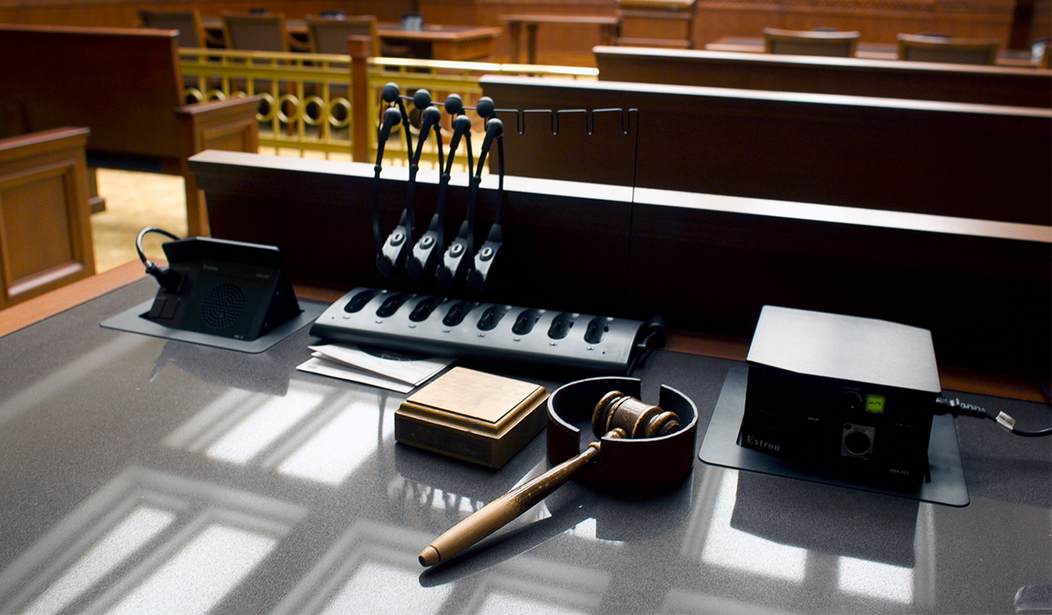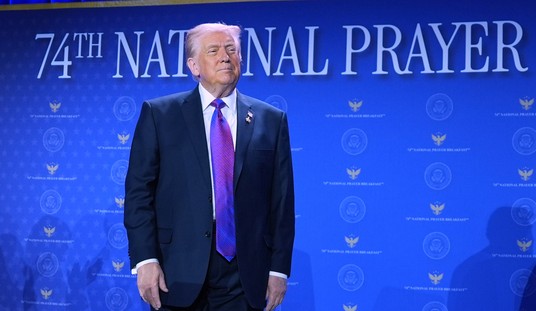This story may seem a bit far down in the weeds, but it's worth keeping an eye on because it addresses a problem that's been growing for many years in the United States legal system. When plaintiffs bring civil cases seeking relief against actions taken by the federal government, they will frequently look for the court district with a record most favorable to their particular cause. There are 94 federal districts in the country to choose from. If you're looking for a more liberal interpretation of the law, you would seek out a district in the Ninth Circuit, for example. For a more conservative ruling, you might choose the Fifth Circuit. This allows plaintiffs to engage in what's known as "judge shopping." It's a problem because, in many instances, a single judge can issue a ruling that impacts the entire country or at least a large section of it until the ruling is appealed at a higher level. A new policy that was released this month seeks to minimize such "shopping" activities by forcing a random selection of judges for each case, drawn from a pool of judges across the entire district. (Judicial Conference)
The Judicial Conference of the United States has strengthened the policy governing random case assignment, limiting the ability of litigants to effectively choose judges in certain cases by where they file a lawsuit.
The policy addresses all civil actions that seek to bar or mandate state or federal actions, “whether by declaratory judgment and/or any form of injunctive relief.” In such cases, judges would be assigned through a district-wide random selection process.
“Since 1995, the Judicial Conference has strongly supported the random assignment of cases and the notion that all district judges remain generalists,” said Judge Robert J. Conrad, Jr., secretary of the Conference.
The policy change was issued by The Judicial Conference of the United States. Established by Congress more than a century ago, the principal responsibility of the body is to frame policy guidelines for the administration of judicial courts in the United States. So if this issue should fall into anyone's ballcourt, it's probably them.
Federal court districts are broken down into regional divisions. One problem is that in lower-population areas, a division may have only a single judge serving. Knowing this, plaintiffs' attorneys will frequently choose to file their case in that division, effectively assuring them that they will get the judge they want. This has reportedly been particularly problematic in patent and copyright suits, where plaintiffs may seek to find a more conservative justice with a "business-friendly" reputation.
Returning to something I mentioned above, when a case may produce a settlement that could impact the entire region or even the whole country, having the case decided in a single-judge division has been seen as increasingly problematic. Under this new system, rather than deciding which judge hears a given case based on the geographical location where it was filed, each case would be subject to a random drawing from all of the judges in the district.
This sort of resolution clearly won't create an entirely random, level playing field in terms of how cases are decided. Your odds of drawing a liberal judge anywhere in the Ninth Circuit are still probably going to be better than in the Fifth District. But there is still at least a chance that you'll wind up drawing one of the outliers, for better or worse. If nothing else, the appearance of random distribution should help rebuild the public's confidence in the fairness and equal application of the law in our system of justice. That's something that has been sorely lacking in recent years for obvious reasons.








